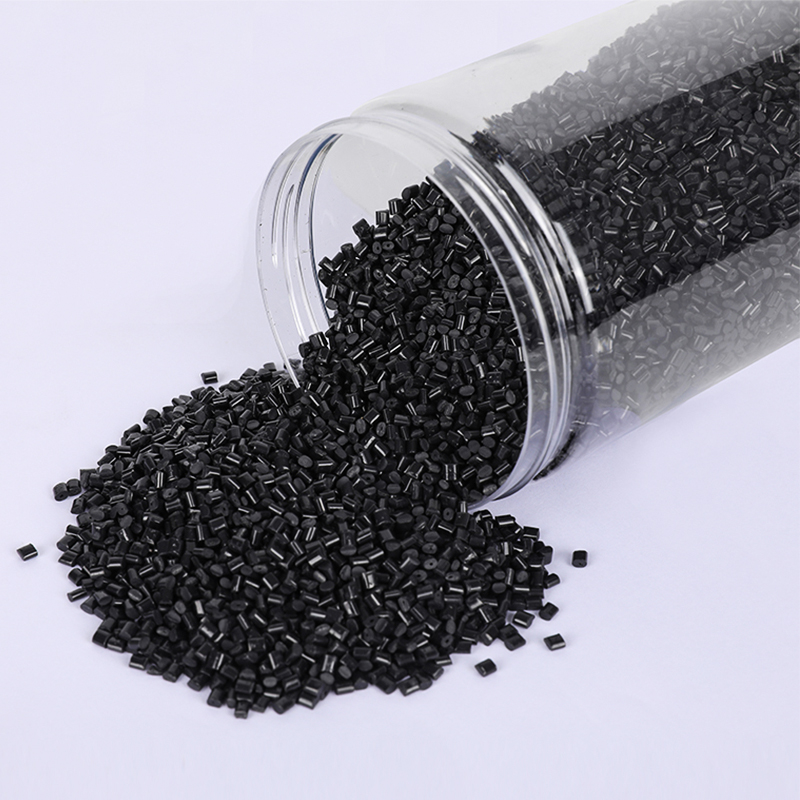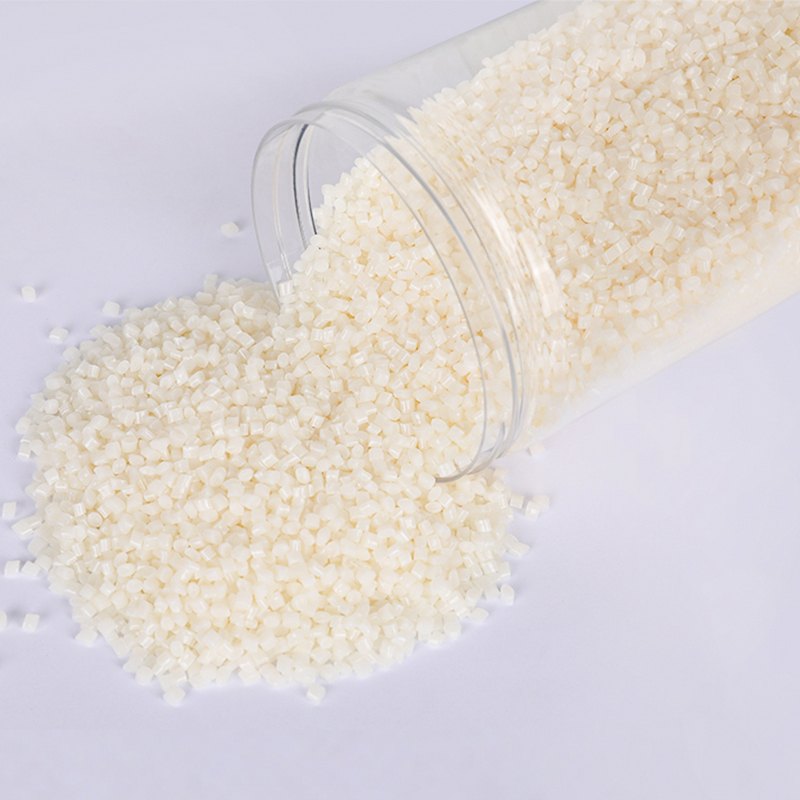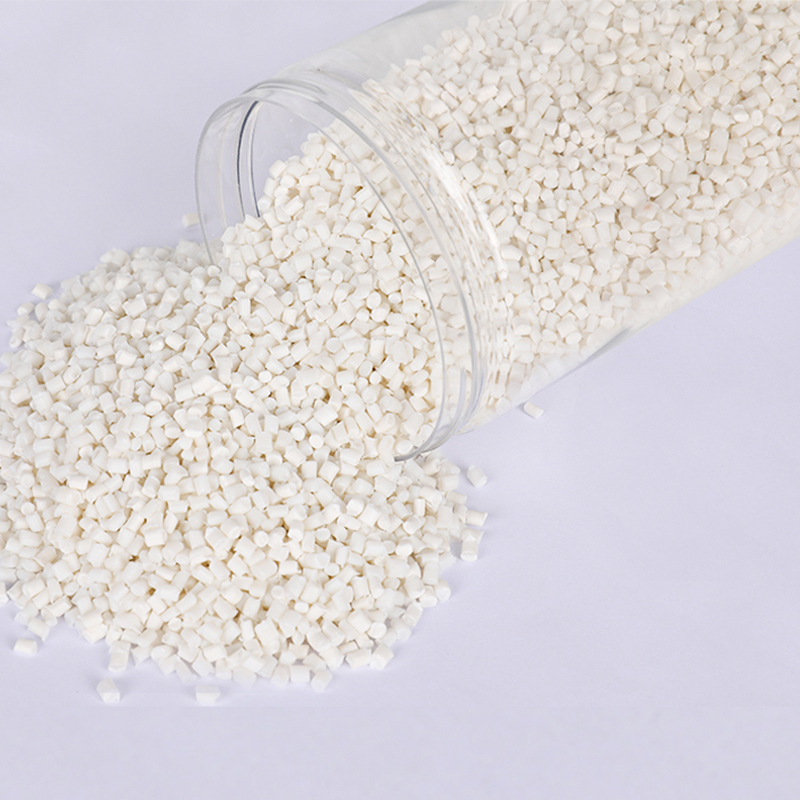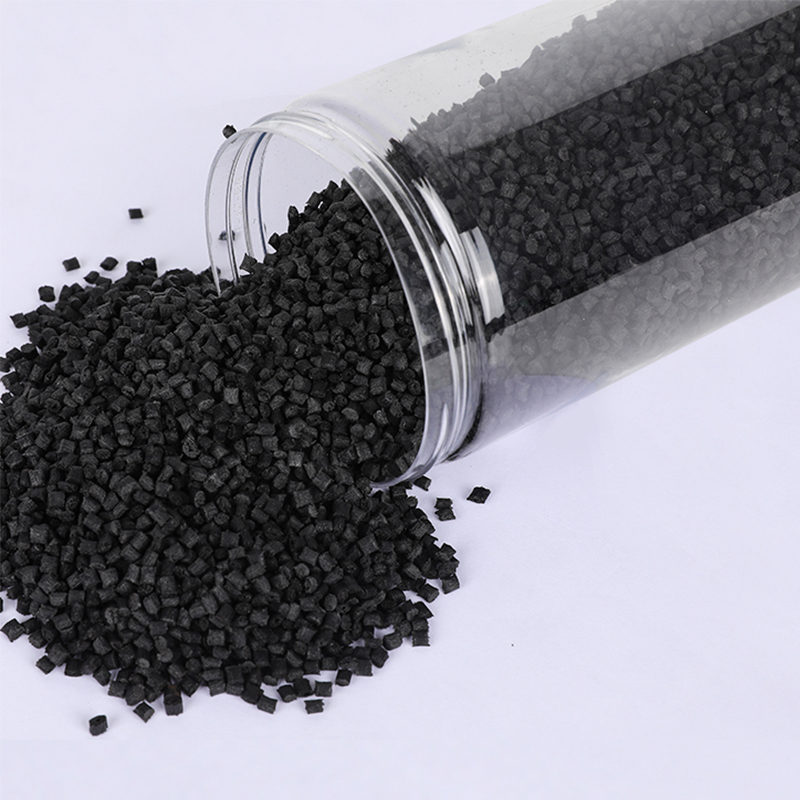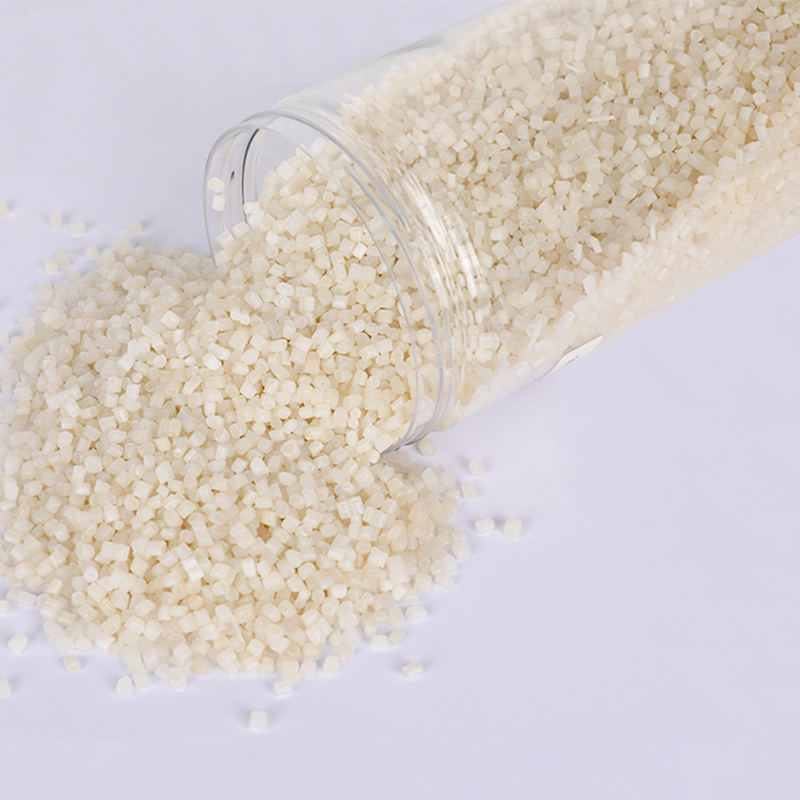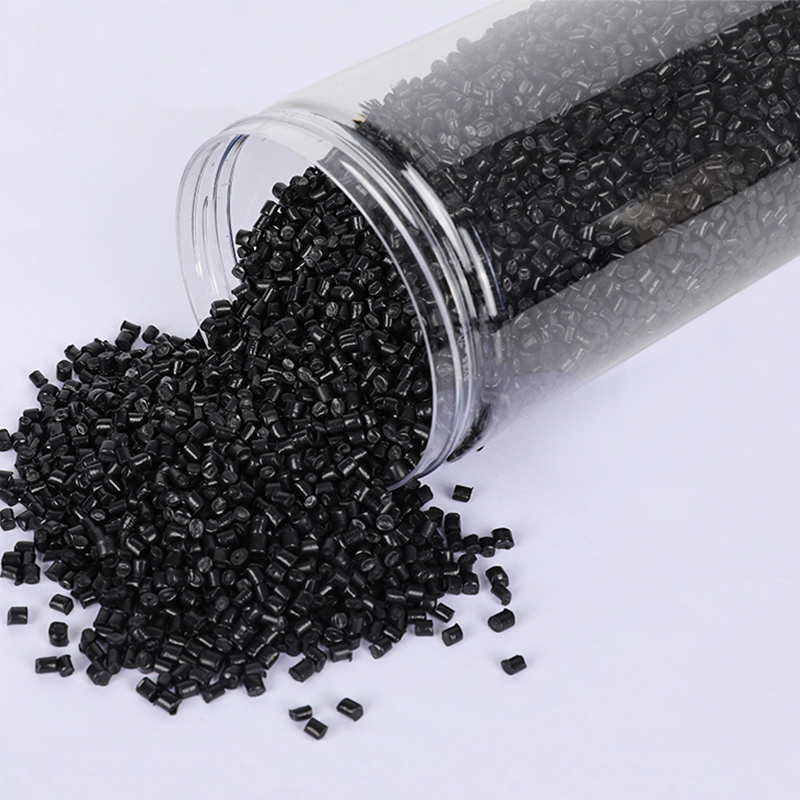Stay up to date with our recent products
Web Menu
Product Search
Exit Menu
Can RPE be used in all the same applications as virgin polyethylene?
In today's era of heightened environmental consciousness, industries are increasingly turning to sustainable alternatives to reduce their carbon footprint and promote eco-friendly practices. One such alternative gaining traction is Recycled Resin Polyethylene (RPE), a recycled form of polyethylene derived from post-consumer or post-industrial waste.
To address this query, it's crucial to delve into the properties, applications, and considerations surrounding RPE. At its core, RPE undergoes a meticulous recycling process involving collection, cleaning, sorting, melting, and reforming, ultimately transforming used plastic items into pellets or other usable forms. This process not only diverts plastic waste from landfills but also conserves energy compared to manufacturing virgin polyethylene from raw materials.
However, the suitability of RPE for various applications hinges on several factors. One key consideration is the quality and consistency of the recycled material. Unlike virgin polyethylene, which boasts uniform properties, RPE's quality may fluctuate depending on factors such as the source of the recycled material and the recycling process employed. While advancements in recycling technology have enhanced the quality of RPE, variations in feedstock and processing methods can impact its performance in specific applications.
Performance requirements also play a pivotal role in determining the applicability of RPE. While RPE can often meet the performance criteria of many applications, certain industries may demand stringent standards for properties such as strength, flexibility, or chemical resistance. In such cases, thorough testing and validation are imperative to ensure that RPE meets the desired specifications.
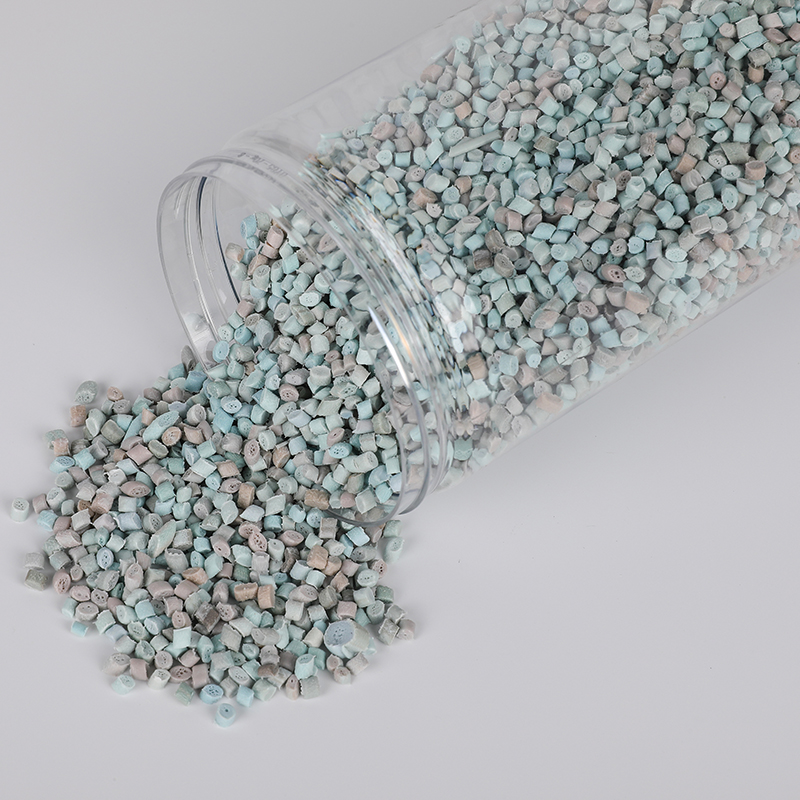
Moreover, regulatory compliance constitutes another crucial aspect. Industries governed by regulations or standards must ascertain that RPE adheres to applicable guidelines for safety, purity, and environmental impact. For applications involving food contact or medical use, RPE must meet stringent regulatory requirements to ensure consumer safety and product integrity.
Additionally, end-use characteristics and cost considerations influence the feasibility of utilizing RPE. Products destined for specialized applications may require tailored properties that RPE must demonstrate. Furthermore, while RPE offers environmental benefits and can often be cost-effective, its availability and pricing may fluctuate depending on market dynamics and recycling infrastructure.
Despite these considerations, RPE finds application across a myriad of industries, mirroring those of virgin polyethylene. From plastic films and containers to pipes and other plastic products, Recycled Resin Polyethylene demonstrates its versatility and utility. Companies committed to sustainability have successfully integrated RPE into their manufacturing processes, showcasing its efficacy as a viable alternative to virgin polyethylene.
While RPE holds immense potential as a sustainable solution to plastic waste, its suitability for various applications hinges on multiple factors. While it may not be universally interchangeable with virgin polyethylene, RPE's versatility and environmental benefits make it a compelling choice for industries seeking to adopt sustainable practices. With ongoing advancements in recycling technology and greater emphasis on circular economy principles, RPE is poised to play an increasingly integral role in the journey towards a greener, more sustainable future.
As China PCR Recycled Plastic Granules Factory, We always adhere to the experience and philosophy of "keeping up with the times, constantly innovating, developing efficiently, and cooperating for mutual benefit"

Address: No.11, Wangzhuang Section, Provincial Road 01, Daqiao New Area, Economic Development Zone, Haiyan County, Jiaxing City, Zhejiang Province, China
Phone: +86-18058285678
Fax: +86-0573-86868101
E-mail: [email protected]
SUNRISE GROUP(Overseas Exclusive Agent)
www.sunrisechemical.com
2024 ICIS Global Chemical Distributor Top 8
Export Sales Manager:Helen Zhang
Mob/Whatsapp: +86 19883063465
Email: [email protected]
Copyright © Jiaxing Anyiju Plastic Industry Co., Ltd. All Rights Reserved

 简体中文
简体中文 English
English

